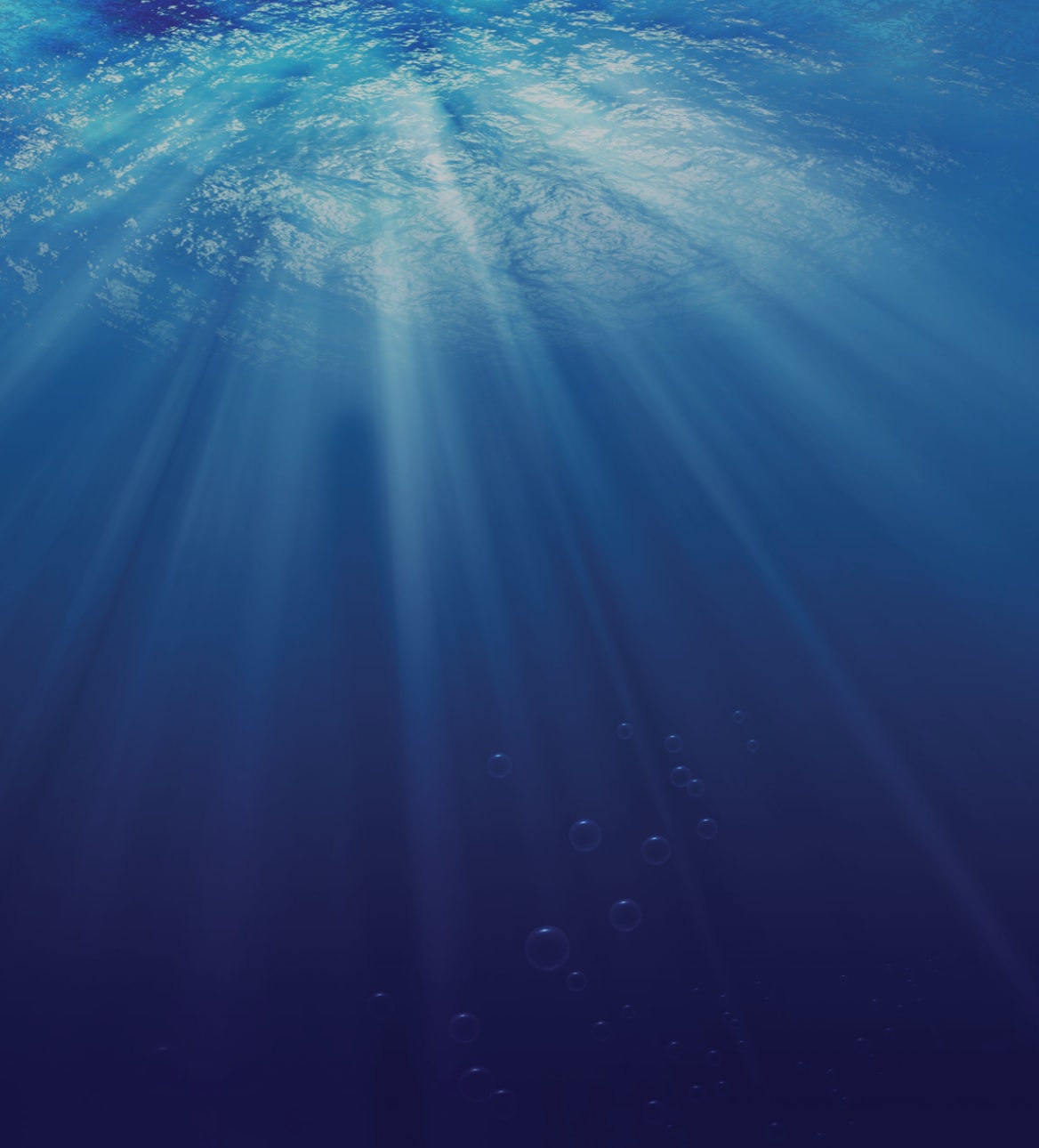
PRODUCED IN PARTNERSHIP WITH GLAD X GOOD.
It can be easy to take our pristine coastlines and beaches for granted here in New Zealand; the golden sands at Abel Tasman National Park, or the crystal-clear waters at bays dotted along the Coromandel Peninsula.
However, these gorgeous spots may not remain that way forever with 8 million tons of plastic entering the world’s oceans every year, Oceanworks® estimate that 80 per cent of all plastic in the ocean comes from land. If nothing is done to curb the amount of plastic waste, by 2050 there may be more plastic in the ocean than fish.
Glad® is on a journey to help put an end to irresponsible waste with its Glad® to be Green range, which includes products that use plant based, recycled and compostable materials. This reduces the amount of virgin plastics used and are a more sustainable option for consumers.
The latest, and perhaps most innovative product in the range is made from recycled ocean-bound plastic; the Glad® to be Green 50% Ocean Bound Plastic Recycled Bags.
According to Oceanworks®, there are many different terms used today to describe plastic in and near the marine environment. The five sub-categories of ocean plastic include:
- Offshore: Material far from shore accumulated floating “gyres.” The material is primarily HDPE, as it floats, and represents a fraction of the plastics that enter the ocean each year.
- Near Shore: Material suspended in the shallow areas of the ocean that are close to shore. This category also includes fishing net recovery and intervention programs.
- Waterway: Material in streams, rivers and other waterways flowing towards the ocean.
- Coastal: Material that has washed up onto beaches and coastlines.
- Ocean-bound: Material collected from communities with no formal waste management within 50 km of the shoreline.
We chatted with Joy Delis, Marketing Director at Glad® in Australia and New Zealand to find out more:
What are the Glad® to be Green® 50% Ocean Bound Plastic Recycled Bags?
The Glad® to be Green 50% Ocean Bound Plastic Recycled Bags are made from 50% ocean-bound recycled plastic.
By choosing ocean-bound plastic, we are aiding in the reduction of waterway pollution, helping make seas safer for marine life, and reducing unnecessary waste.
Every roll purchased helps prevent the equivalent of two 2L bottles worth of plastic waste from flowing into the ocean.
Who is Oceanworks? What’s their role here?
Oceanworks® is the world’s leading digital marketplace for recycled materials and products. The company connects local recycled plastic supply with global demand to keep plastic out of the ocean.
Customers, brands and suppliers that use the Oceanworks® Guarantee become part of a larger solution – a circular economy to end ocean plastic.
Why did Glad want to partner with Oceanworks?
Oceanworks’® mission is to turn off the tap on ocean plastic and recover ocean-bound plastic as an important part of the solution. If ocean-bound plastic can be recovered in coastal communities before it reaches the ocean it’s a win for local collectors, brands and the planet.
We wanted to create a product that reduces plastic pollution before it enters the ocean, and what better way to do that than partner with a company that not only strives every day to help make that happen but also helps increase employment opportunities for the locations that plastic waste is being extracted from.
To date, the Glad® to be Green 50% Ocean Bound Plastic Recycled Bags has already impacted our oceans by reducing 230 metric tonnes of plastic pollution from entering our oceans, which is the equivalent of nearly 5 million 2L plastic milk bottles.
By choosing ocean-bound plastic, Glad® is aiding in the reduction of waterway pollution, helping make seas safer for marine life, and reducing unnecessary waste.
How are you tracking your progress in the reduction of plastic waste with this product?
With every purchase, each Glad® to be Green 50% Ocean Bound Plastic Recycled Bags roll includes a seven-digit batch number on the packaging that allows Kiwis to track where they have stopped plastic waste from entering our oceans. You can get updates on how much plastic is being diverted from our oceans by visiting the Glad® website here.